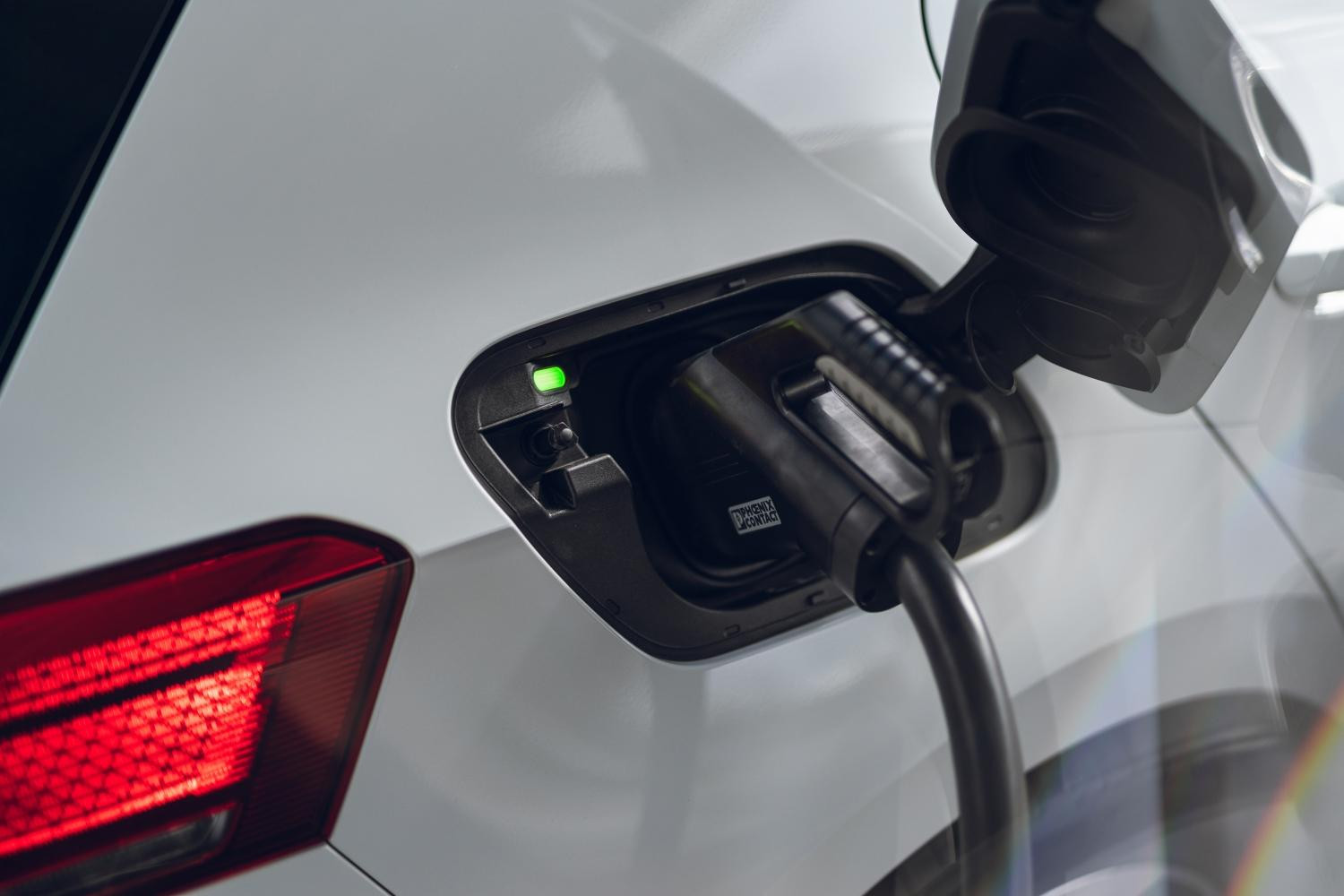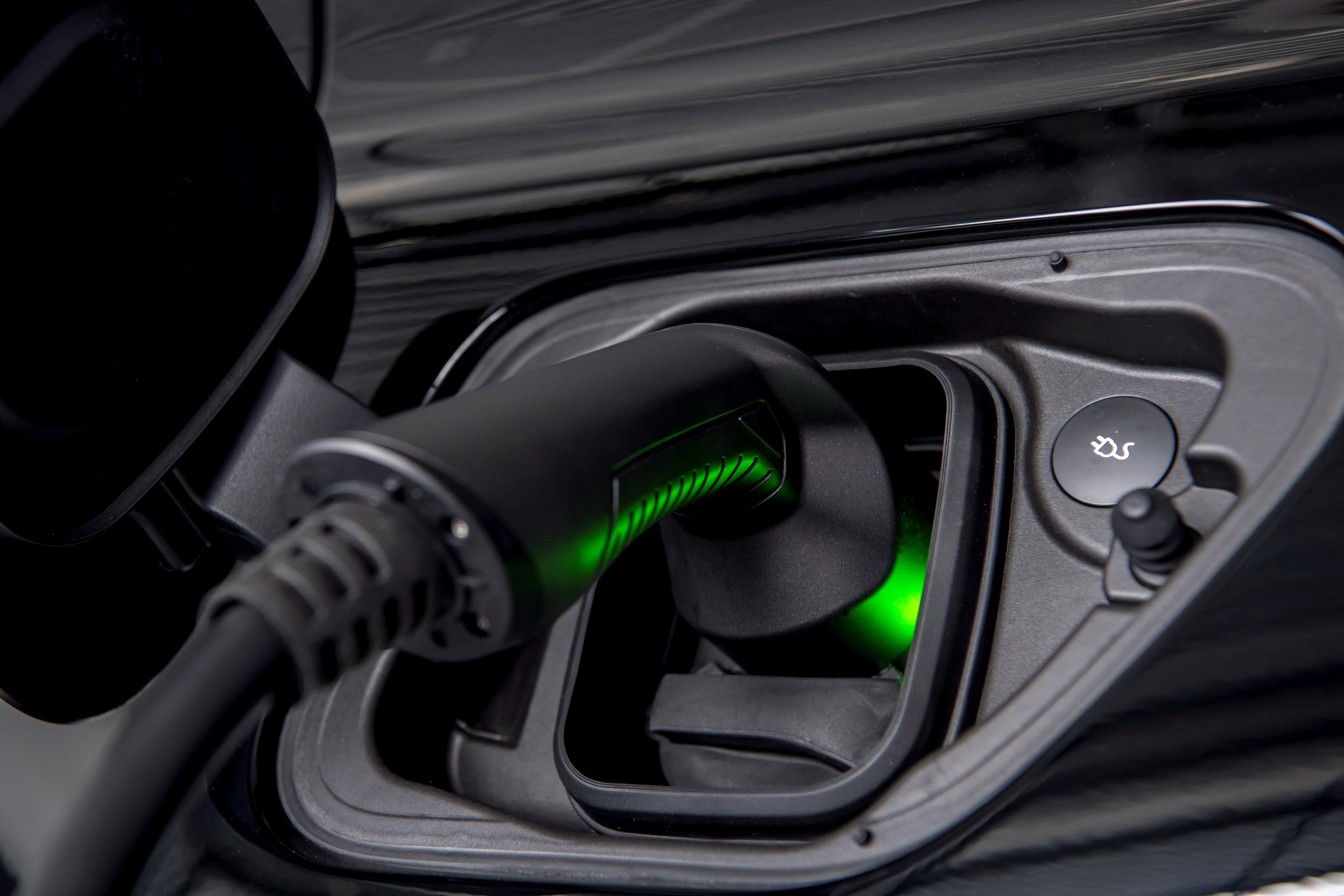Electric Car Charging For Landlords

Electric car charging for landlords - what you need to know
Electric car charging - and getting the chargers installed - can prove to be a bit of a headache no matter how clued-up you are. With constantly changing grants and procedures, it can often feel a little daunting if you’re thinking of getting your own charger installed.
That’s particularly the case when it comes to landlords. There are many incentives in place to help landlords with the cost of installing chargers, but you might not be aware of them. Here, we’re going through just what you need to know about how you can get a charger installed as a landlord.
Can I install a charge point as a landlord?

Absolutely! Even if you’ve not had requests from tenants to install an electric car charger, putting one in now could be a great idea. Electric vehicle adoption is only on the increase, so future tenants - or current ones in the future - could be set to benefit from a charger being installed.
It gives people the freedom to charge at their place of residence, which makes the whole EV ownership prospect easier.
Are there grants in place for landlords?
There are. Though the government removed grants for private homeowners, there are still a number of ways that landlords can get money off the cost of a new charger and its installation. The first - called the EV chargepoint grant - can give you either £350 or 75 per cent off the cost to buy and install a socket - whichever amount is lower.
Each financial year, you’re able to get up to 200 grants for residential properties or 100 grants for commercial properties - so you can use the grant for a number of different locations. They can be across several properties and installations or just at one property, too.
What about that other grant?

The EV infrastructure grant will give you money off wider building and installation work that might come as a result of fitting multiple chargepoint sockets. The work can be for sockets you expect to be used right away or those that might need in the future. The grant can help out with a number of aspects of the job, such as putting in extra wiring or installing posts.
You can get up to 30 grants each year, with each one bringing up to £30,000 or 75 per cent off the cost of the work. Each grant must be used at a different property, while it can only be used for a property with multiple homes - such as an apartment block or an estate with one shared car park. Work must also be carried out on a minimum of five parking spaces, either having sockets installed or preparing them for socket installation in the future.
What about the EV ChargePoint grant? Is there anything I need to know about that?

Definitely. You can’t apply if you live in the property, only rent out the property as a holiday rental or rent the parking space at the property from someone else. You’re able to apply for flats and houses, too, alongside apartment blocks and commercial properties.
Where parking is concerned, each parking space that you’re planning to install a ChargePoint must be off-street, private and ‘clearly defined’, according to Government guidelines. It must be accessible to the tenant, too, and has to be owned by you - you can’t be renting it off another landowner. In fact, you may need to provide Land Registry title deeds to prove that you’re the owner of the space.
It sounds ideal to me - where do I start?
The DVLA manages the administration of the grants discussed on behalf of the Office for Zero Emissions Vehicles (OZEV), so you’ll need to register with them before proceeding with the rest of the process. From there, an OZEV-approved installer will come and do an on-site survey to determine eligibility and determine whether or not the current electricity supply can handle the installation. If not, they’ll contact the local energy supplier to upgrade the supply.
From there, the installation can take place. From there, you’ll be invoiced - though not for the grant amount - after which you’ll need to supply a grant claim form to the DVLA. Following this, you’ll get the grant amount.


















